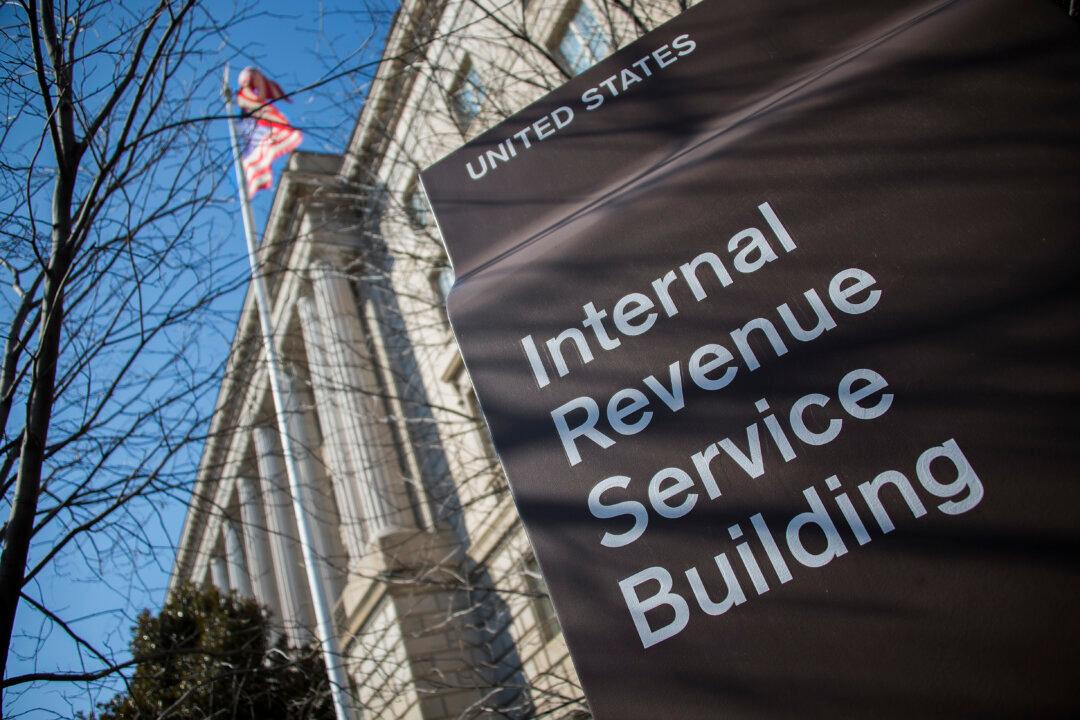Americans will be unpleasantly surprised to find their tax refunds smaller than expected for 2022, with the IRS announcing reduced refunds for the coming year as well, in a blow to many who rely on the refunds as a supplement to their savings.
“Refunds may be smaller in 2023. Taxpayers will not receive an additional stimulus payment with a 2023 tax refund because there were no Economic Impact Payments for 2022," according to an IRS news release.





